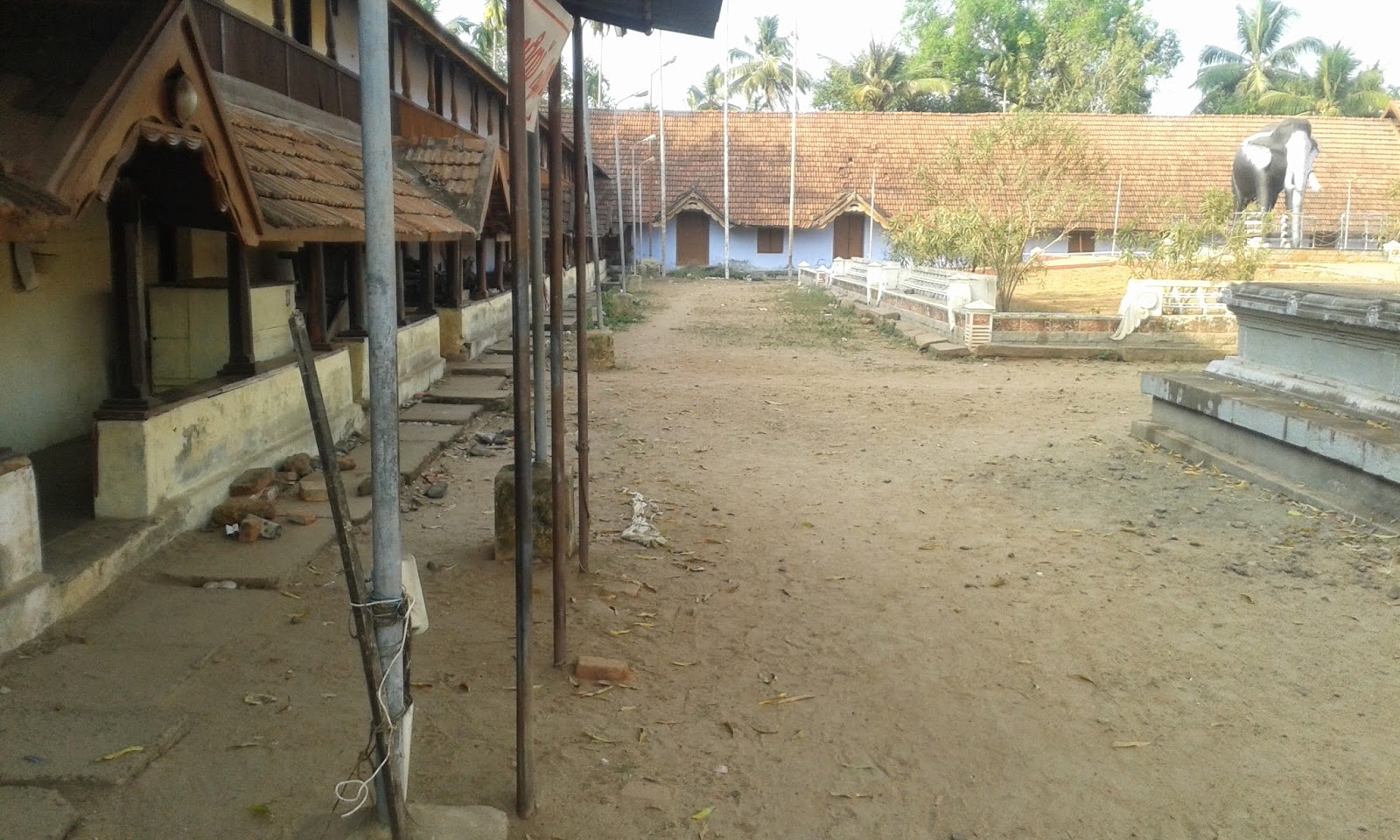A look at the world of politics, statecraft, diplomacy and books
Two judicial verdicts have caused considerable consternation in India. The first is the curious case of Salman Khan and the stay granted to his conviction by the Sessions Court within 2 hours. The cose was filed more than 13 years ago when Slaman Khan allegedly ran over 7 pavement dwellers killing one of them. According to the Police he was drunk at that time and following the Supreme Court judgement in the Perriera case, he was sentenced for "culpable homicide" not am mounting to murder. The fact that the judgment was stayed and the celebrity actor back home without spending even a single day in prison for killing a human being is cause for concern and people are asking questions about the integrity of the judicial process.
In Jayalalithaa's case the matter is different. A vengeful DMK regime charged her under various provision relating to what we in India call Disproportionate Assets. A person should be able to show the source of income from which he or she has purchase assets. Failure to do so would amount to acceptance of the charge. The DMK went to town over the case and hyped the DA case to the tune of 100 crores. In fact the whole sordid episode stems from over enthusiasm on the part of the DMK regimes which tried to exaggerate the value of the assets seized from J Jayalalitaa after her defeat in the 1996 elections. The judgement of the Trial Court was also strange. Instead of relying of the value of the assets and its source, Michael Cuhuna, the trial judge, pronounced her guilty on the basis of a totally extraneous piece of legislation: the Prevention of Corruption Act. Having assets disproportionate to known sources of Income does not constitute corruption, as one can inherit assets, acquire by exchange or gift and there are other pieces of law governing the acquisition of assets through these different means. The punishment handed in by the trial court was extremely harsh: 100 crore fine and 10 years rigorous imprisonment. The harshness of the verdict and the questionable legal grounds on which it rested have raised eyebrows in India.
Today the Bangalore High Court has on the appeal of Ms Jayalalitaa acquitted her of all charges. It is nobody's case that the former Chief Minister is above board. However, her acquittal has sent thrills of joy down the spines of her partymen and Ms Jayalalithaa is expected to return as Chief Minister soon. It is becoming difficult to convict VIPs guilty of major acts of corruption.
Both the case discussed in this blog suggest that corruption and VIP misdemeanors need to be addressed with greater vigour.
Two judicial verdicts have caused considerable consternation in India. The first is the curious case of Salman Khan and the stay granted to his conviction by the Sessions Court within 2 hours. The cose was filed more than 13 years ago when Slaman Khan allegedly ran over 7 pavement dwellers killing one of them. According to the Police he was drunk at that time and following the Supreme Court judgement in the Perriera case, he was sentenced for "culpable homicide" not am mounting to murder. The fact that the judgment was stayed and the celebrity actor back home without spending even a single day in prison for killing a human being is cause for concern and people are asking questions about the integrity of the judicial process.
In Jayalalithaa's case the matter is different. A vengeful DMK regime charged her under various provision relating to what we in India call Disproportionate Assets. A person should be able to show the source of income from which he or she has purchase assets. Failure to do so would amount to acceptance of the charge. The DMK went to town over the case and hyped the DA case to the tune of 100 crores. In fact the whole sordid episode stems from over enthusiasm on the part of the DMK regimes which tried to exaggerate the value of the assets seized from J Jayalalitaa after her defeat in the 1996 elections. The judgement of the Trial Court was also strange. Instead of relying of the value of the assets and its source, Michael Cuhuna, the trial judge, pronounced her guilty on the basis of a totally extraneous piece of legislation: the Prevention of Corruption Act. Having assets disproportionate to known sources of Income does not constitute corruption, as one can inherit assets, acquire by exchange or gift and there are other pieces of law governing the acquisition of assets through these different means. The punishment handed in by the trial court was extremely harsh: 100 crore fine and 10 years rigorous imprisonment. The harshness of the verdict and the questionable legal grounds on which it rested have raised eyebrows in India.
Today the Bangalore High Court has on the appeal of Ms Jayalalitaa acquitted her of all charges. It is nobody's case that the former Chief Minister is above board. However, her acquittal has sent thrills of joy down the spines of her partymen and Ms Jayalalithaa is expected to return as Chief Minister soon. It is becoming difficult to convict VIPs guilty of major acts of corruption.
Both the case discussed in this blog suggest that corruption and VIP misdemeanors need to be addressed with greater vigour.















